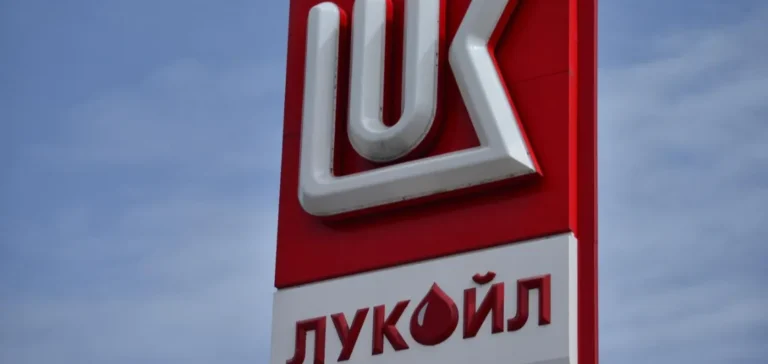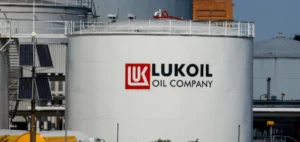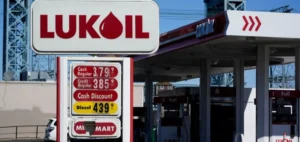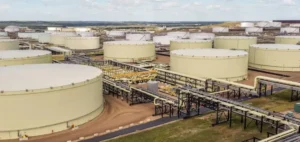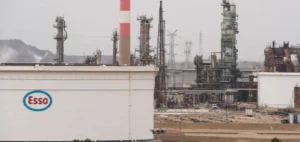Bulgaria is preparing for a partial fuel supply disruption as US sanctions against Russian group Lukoil are set to take effect on November 21. Sofia relies heavily on Lukoil for refining and oil logistics, particularly through the Burgas refinery on the Black Sea, the country’s main crude oil processing site.
Limited reserves and growing pressure on imports
The head of the State Reserve Agency stated that national stockpiles cover 35 days of gasoline consumption and 50 days for diesel. This situation is considered critical during the winter period, when energy demand rises.
According to several analysts, Bulgaria still holds crude oil and refined products outside its territory, mainly in other European Union countries. However, their transportation depends on using Lukoil’s infrastructure, which may also fall under sanctions. Martin Vladimirov, Director of the Energy and Climate Program at the Centre for the Study of Democracy, stated that “50% of ready-to-use fuels are located in other European countries, which means the government must act immediately.”
Legislative barriers lifted to secure infrastructure access
In anticipation, the Bulgarian government has adopted several measures since the sanctions were announced. A temporary export ban on fuels, particularly diesel and jet fuel, destined for the European Union has been introduced.
Last week, the parliament passed a legal amendment authorising the state to take control of the Burgas refinery. The law, approved in less than thirty seconds in committee, aims to protect the facility from potential legal disruptions caused by the sanctions.
Inspection and reinforced security at Burgas site
At the same time, Bulgarian authorities have launched a series of inspections at Lukoil’s industrial site in Burgas. These visits are accompanied by enhanced security measures to ensure operational continuity and safeguard the integrity of this site, classified as critical infrastructure.
The Burgas refinery is one of Lukoil’s most strategic foreign assets. In addition to refining, the Russian group controls a large share of Bulgaria’s storage and oil transport capacity. Any prolonged disruption of these operations would have direct consequences on the national energy logistics chain.


